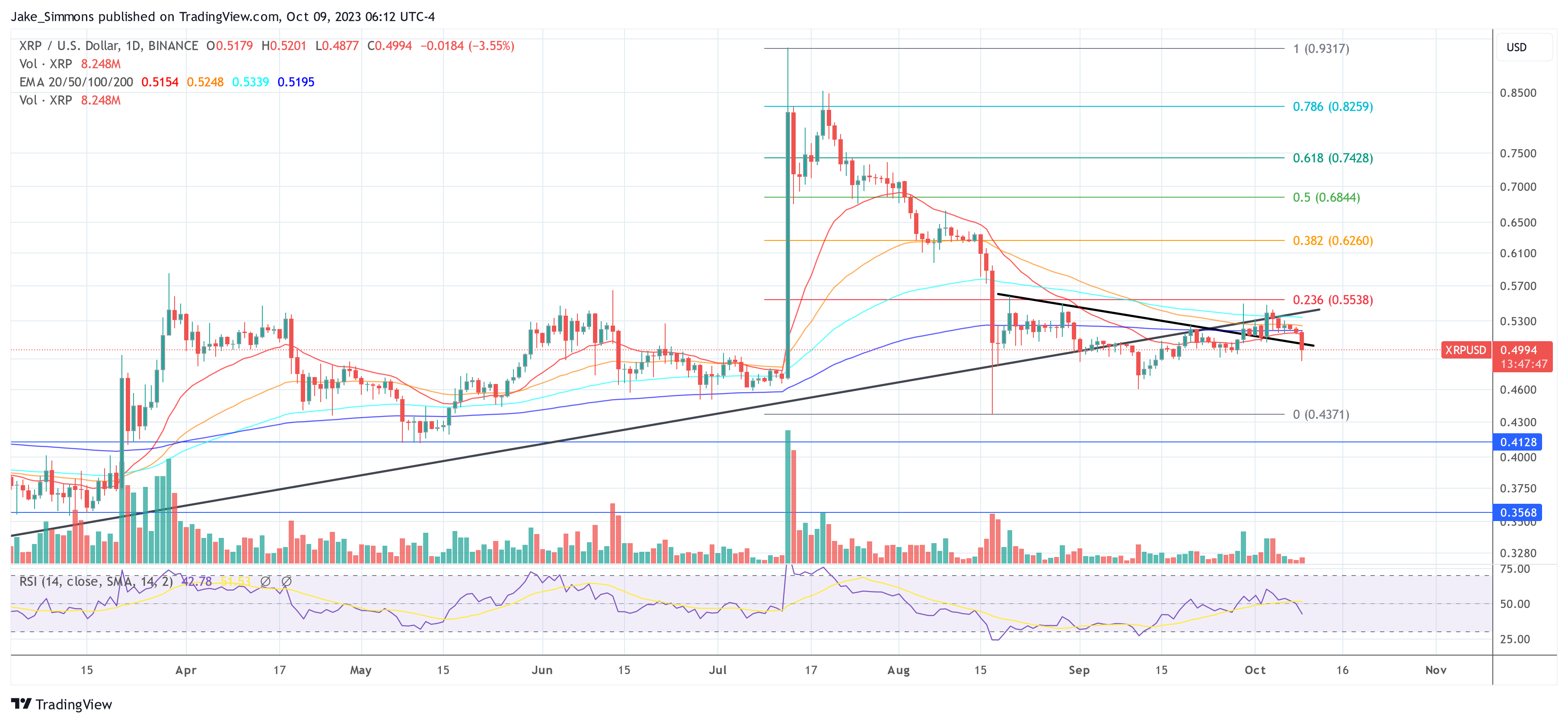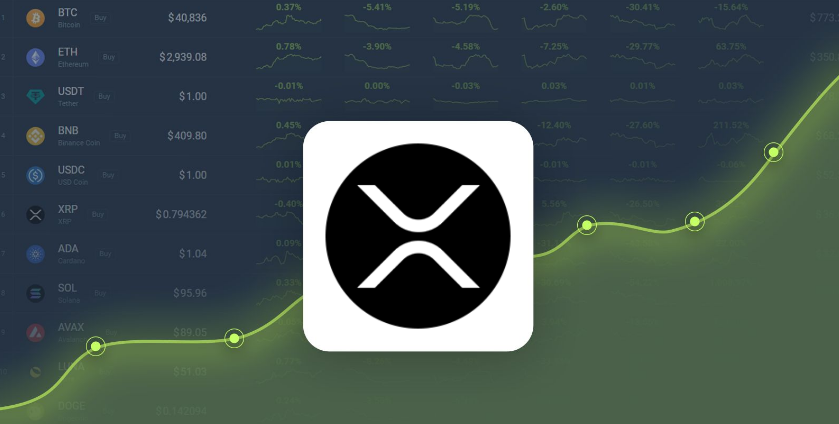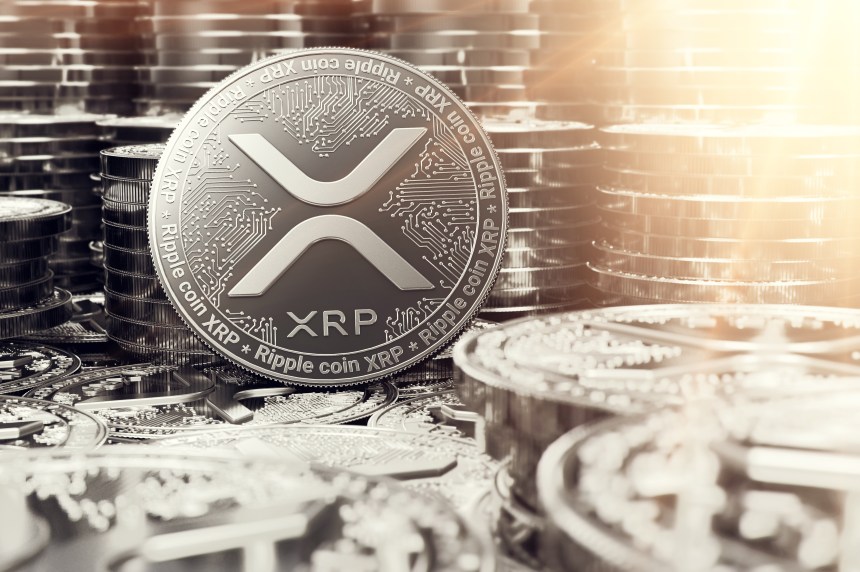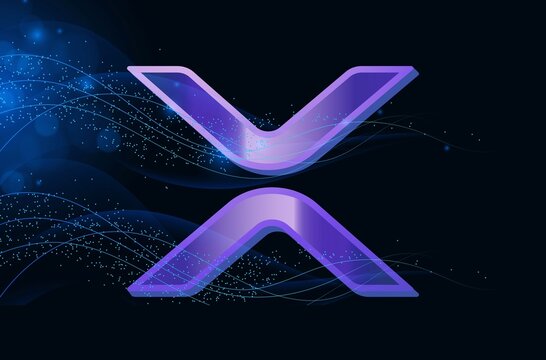Reason to trust

How Our News is Made
Strict editorial policy that focuses on accuracy, relevance, and impartiality
Ad discliamer
Morbi pretium leo et nisl aliquam mollis. Quisque arcu lorem, ultricies quis pellentesque nec, ullamcorper eu odio.
The rapidly evolving crypto market is set to witness yet another milestone as Deribit, the world’s preeminent crypto options exchange, prepares to launch options contracts for XRP, Solana (SOL), and Polygon (MATIC). Given the dominating position of Deribit in the options sphere, this inclusion could have noteworthy ramifications on the pricing dynamics of XRP.
Deribit To Debut XRP Options
Deribit, having established itself as the leading crypto options exchange both in terms of trading volume and open interest, is not letting the recent dip in digital-asset volatility deter its expansion endeavors. As reported by Bloomberg, the exchange is poised to roll out options contracts for the XRP token in January.
This move, announced by Chief Commercial Officer Luuk Strijers, will augment the platform’s offering which until now has been focused mainly on Bitcoin, Ether, and USD Coin options. The choice might be influenced by financial interests and prevailing market conditions. Trading volumes for crypto derivatives declined to roughly $1.5 trillion in September, down from about $2 trillion earlier in the year, affected by reduced prices and volatility relative to the highs of 2021.
Further solidifying its strategic vision, Deribit is not just limiting itself to options expansion. The Panama-based giant has disclosed plans to transition its operations to Dubai, a more crypto-receptive jurisdiction, following the attainment of necessary licensing. Parallel to this, the firm intends to bolster its workforce by approximately a dozen, adding to its current roster of 115.
Strijers expressed the inherent challenges in timing new product launches given the current market sentiment. “Is this the best environment to launch new products or should we defer?” he reflected, but remained optimistic about potential volatility upticks post the January launch.
Impact On The Price
With an overwhelming 85% market share in options trading, the influence of Deribit is unmistakable. The rest of the market is shared by competitors like OKX, Binance, and Bybit. A considerable 85% of the volume flowing through Deribit originates from institutional clientele. Therefore, the addition of XRP options on such a dominant platform is inevitably going to steer substantial attention toward XRP’s pricing dynamics.
Options, by design, provide traders the privilege (without an obligation) to buy or sell the underlying asset at a preset price until a specific date. This can have multifaceted implications for the underlying asset. XRP, as it gets intertwined with the options mechanism, might witness higher short-term volatility in its pricing, particularly around the expiry of these contracts.
“Quarterly expiries are typically the most significant, in terms of volume and value,” highlighted Strijers in a recent discourse. Drawing parallels with Bitcoin, it’s plausible that XRP might undergo amplified volatility as these options contracts approach their expiration, especially at quarter-end, depending on the volume of XRP options being traded.
Conclusively, with Deribit’s unassailable stature in the options space and the inherent nature of options contracts, the induction of XRP options might very well become a pivotal point in XRP’s pricing journey. Traders, especially those engaged in XRP, will need to brace themselves for the nuanced challenges and opportunities this integration brings forth.
At press time, XRP was trading at $0.4994 after briefly falling to $0.4880.

























